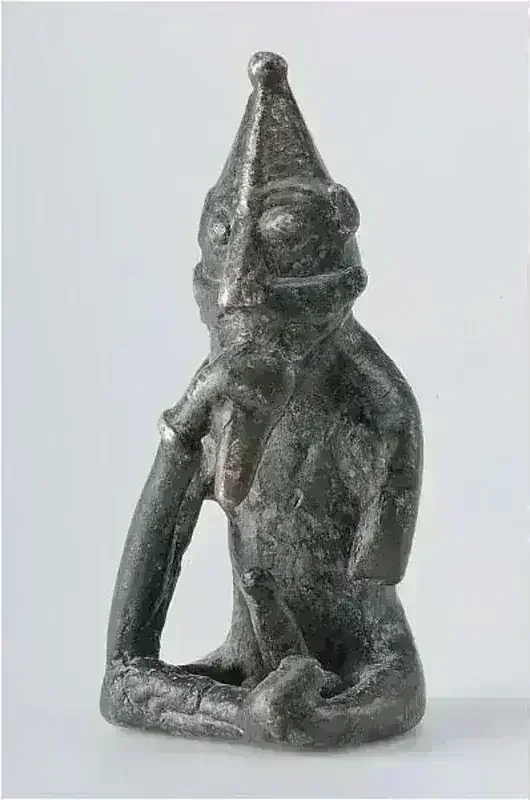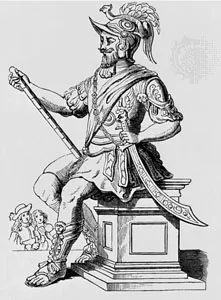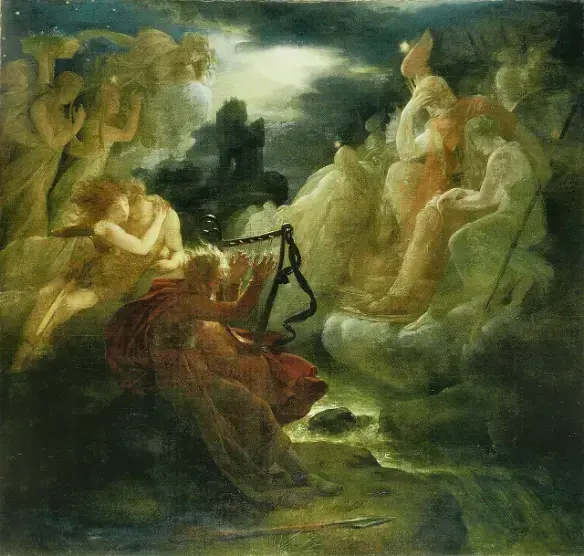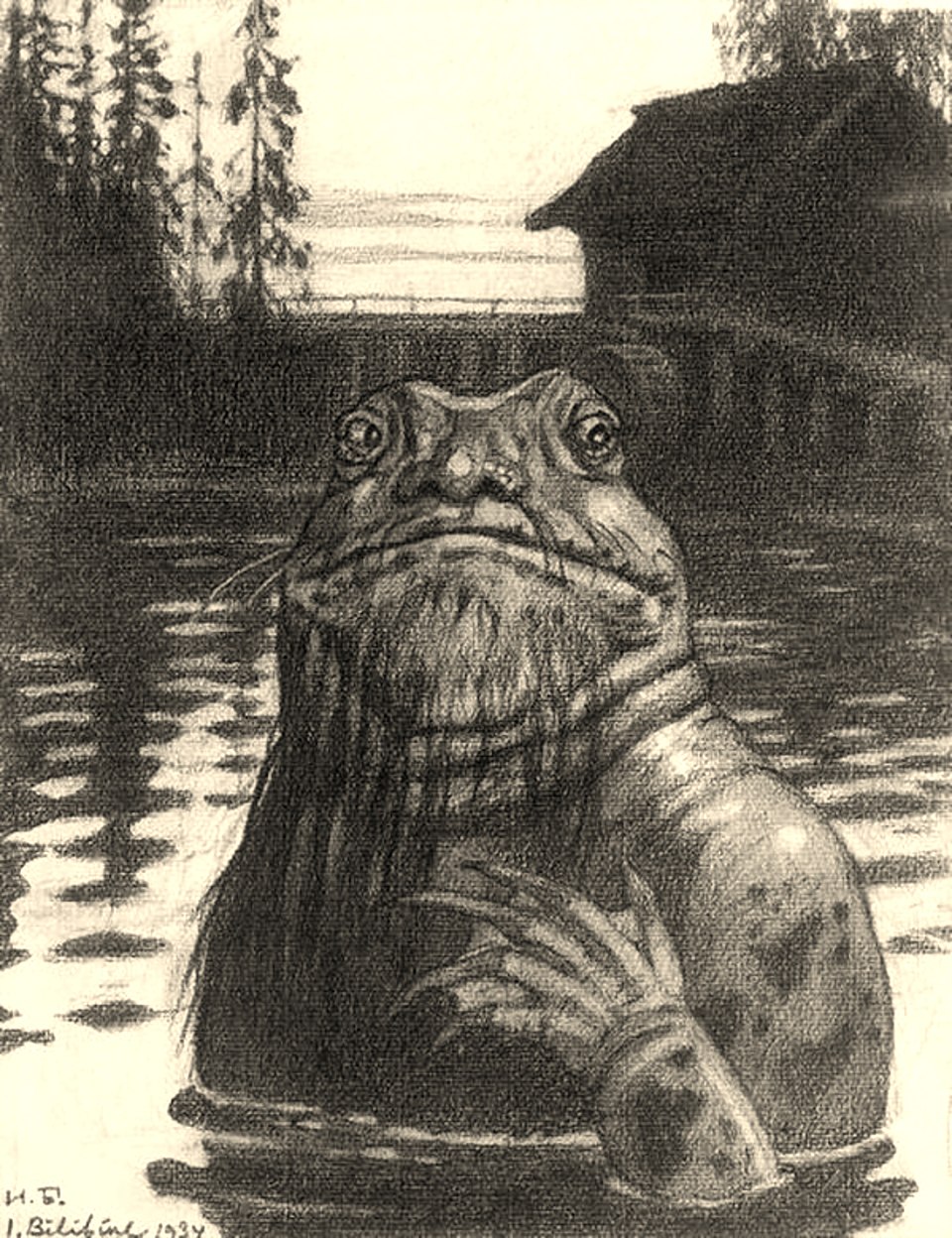Freyr

Freyr (Old Norse: 'Lord'), sometimes anglicized as Frey, is a prominent god in Norse mythology associated with kingship, fertility, peace, prosperity, fair weather, and bountiful harvests. Sometimes referred to as Yngvi-Freyr, he held special significance in Sweden, where he was regarded as an ancestor of the Swedish royal lineage. According to Adam of Bremen, Freyr was connected with peace and pleasure, and was represented by a phallic statue in the Temple at Uppsala.
Snorri Sturluson described Freyr as "the most renowned of the æsir," and he was worshipped for ensuring good harvests and peaceful times. In the mythological narratives recorded in the Icelandic Poetic Edda and Prose Edda, Freyr is portrayed as one of the Vanir gods, born to Njörðr and his unnamed sister-wife, and the twin brother of the goddess Freyja. The gods gifted him Álfheimr, the realm of the Elves, as a teething present.
He travels on the radiant dwarf-crafted boar Gullinbursti and owns the ship Skíðblaðnir, which always sails with favorable winds and can be folded and carried in a pouch when not in use. Freyr was also linked to the horse cult, maintaining sacred horses at his sanctuary in Trondheim, Norway. His attendants include Skírnir, Byggvir, and Beyla.
The most detailed surviving myth about Freyr describes his falling in love with the female jötunn (giant) Gerðr. She eventually becomes his wife, but Freyr must first surrender his magical sword, which fights independently "if wise be he who wields it." Though without this weapon, Freyr manages to defeat the jötunn Beli using an antler. However, the loss of his sword means Freyr will ultimately be slain by the fire jötunn Surtr during Ragnarök.
Like other Germanic deities, veneration of Freyr experienced a revival in the modern era through the Heathenry movement.


